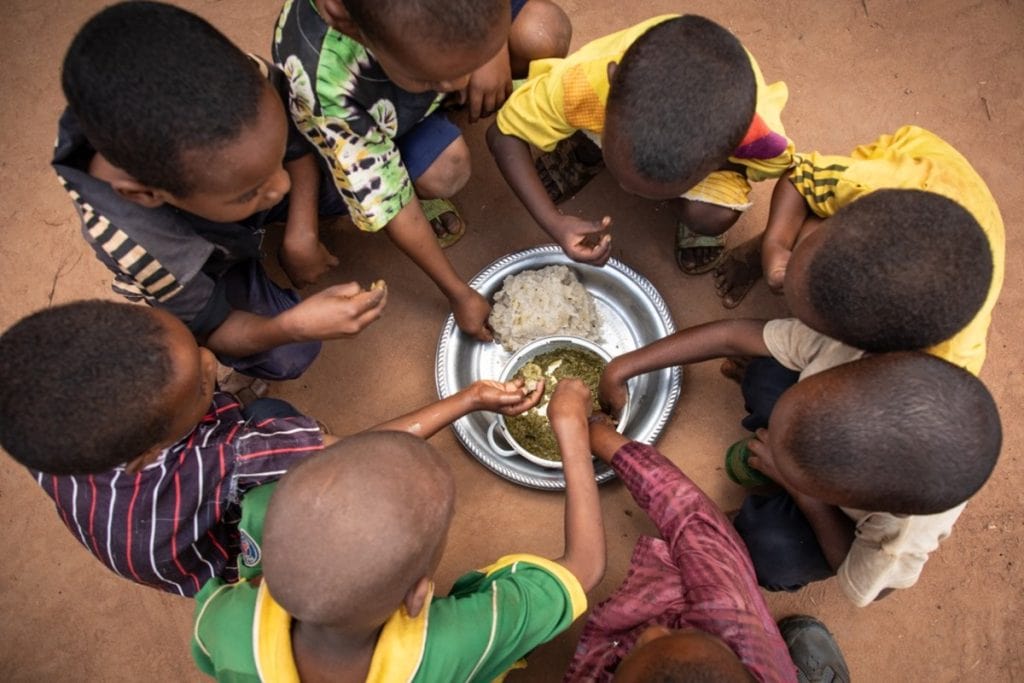In 2023, around 733 million people globally faced hunger, equating to one in eleven people, with Africa being hit the hardest at one in five.
The latest State of Food Security and Nutrition in the World (SOFI) report by five UN agencies highlights a grim reality: the world is far from achieving Zero Hunger by 2030. Hunger levels have stagnated for three years, with numbers reminiscent of 2008-2009.
While Asia and Latin America show some stability or progress, Africa sees a continual rise in hunger. By 2030, an estimated 582 million people will be chronically undernourished, half of them in Africa. Additionally, about 2.33 billion people faced moderate or severe food insecurity in 2023, with 864 million experiencing severe food insecurity.
Economic access to healthy diets remains a significant issue, with over 2.8 billion people unable to afford a healthy diet in 2022, especially in low-income countries. Despite progress in exclusive breastfeeding, malnutrition remains a severe challenge, with stagnating low birthweight prevalence and rising anaemia in women.
Adult obesity has increased, projected to affect 1.2 billion people by 2030. The coexistence of undernutrition and obesity complicates the malnutrition landscape.
The report emphasizes the need for increased and smarter financing to combat hunger and malnutrition, advocating for transforming agrifood systems and addressing inequalities.
The SOFI report calls for innovative, equitable solutions to bridge the financing gap, particularly in countries most affected by hunger and climate impacts. Achieving SDG 2 requires substantial investment and global cooperation to ensure food security and nutrition for future generations.



